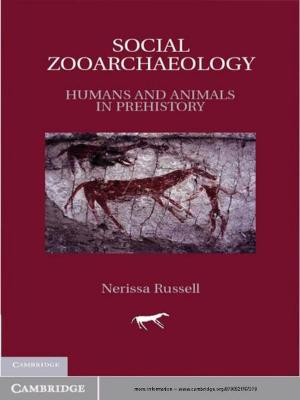Escaping From Predators
An Integrative View of Escape Decisions
Nonfiction, Health & Well Being, Medical, Veterinary Medicine, Science & Nature, Science, Biological Sciences, Biology| Author: | ISBN: | 9781316365489 | |
| Publisher: | Cambridge University Press | Publication: | May 28, 2015 |
| Imprint: | Cambridge University Press | Language: | English |
| Author: | |
| ISBN: | 9781316365489 |
| Publisher: | Cambridge University Press |
| Publication: | May 28, 2015 |
| Imprint: | Cambridge University Press |
| Language: | English |
When a predator attacks, prey are faced with a series of 'if', 'when' and 'how' escape decisions – these critical questions are the foci of this book. Cooper and Blumstein bring together a balance of theory and empirical research to summarise over fifty years of scattered research and benchmark current thinking in the rapidly expanding literature on the behavioural ecology of escaping. The book consolidates current and new behaviour models with taxonomically divided empirical chapters that demonstrate the application of escape theory to different groups. The chapters integrate behaviour with physiology, genetics and evolution to lead the reader through the complex decisions faced by prey during a predator attack, examining how these decisions interact with life history and individual variation. The chapter on best practice field methodology and the ideas for future research presented throughout, ensure this volume is practical as well as informative.
When a predator attacks, prey are faced with a series of 'if', 'when' and 'how' escape decisions – these critical questions are the foci of this book. Cooper and Blumstein bring together a balance of theory and empirical research to summarise over fifty years of scattered research and benchmark current thinking in the rapidly expanding literature on the behavioural ecology of escaping. The book consolidates current and new behaviour models with taxonomically divided empirical chapters that demonstrate the application of escape theory to different groups. The chapters integrate behaviour with physiology, genetics and evolution to lead the reader through the complex decisions faced by prey during a predator attack, examining how these decisions interact with life history and individual variation. The chapter on best practice field methodology and the ideas for future research presented throughout, ensure this volume is practical as well as informative.















